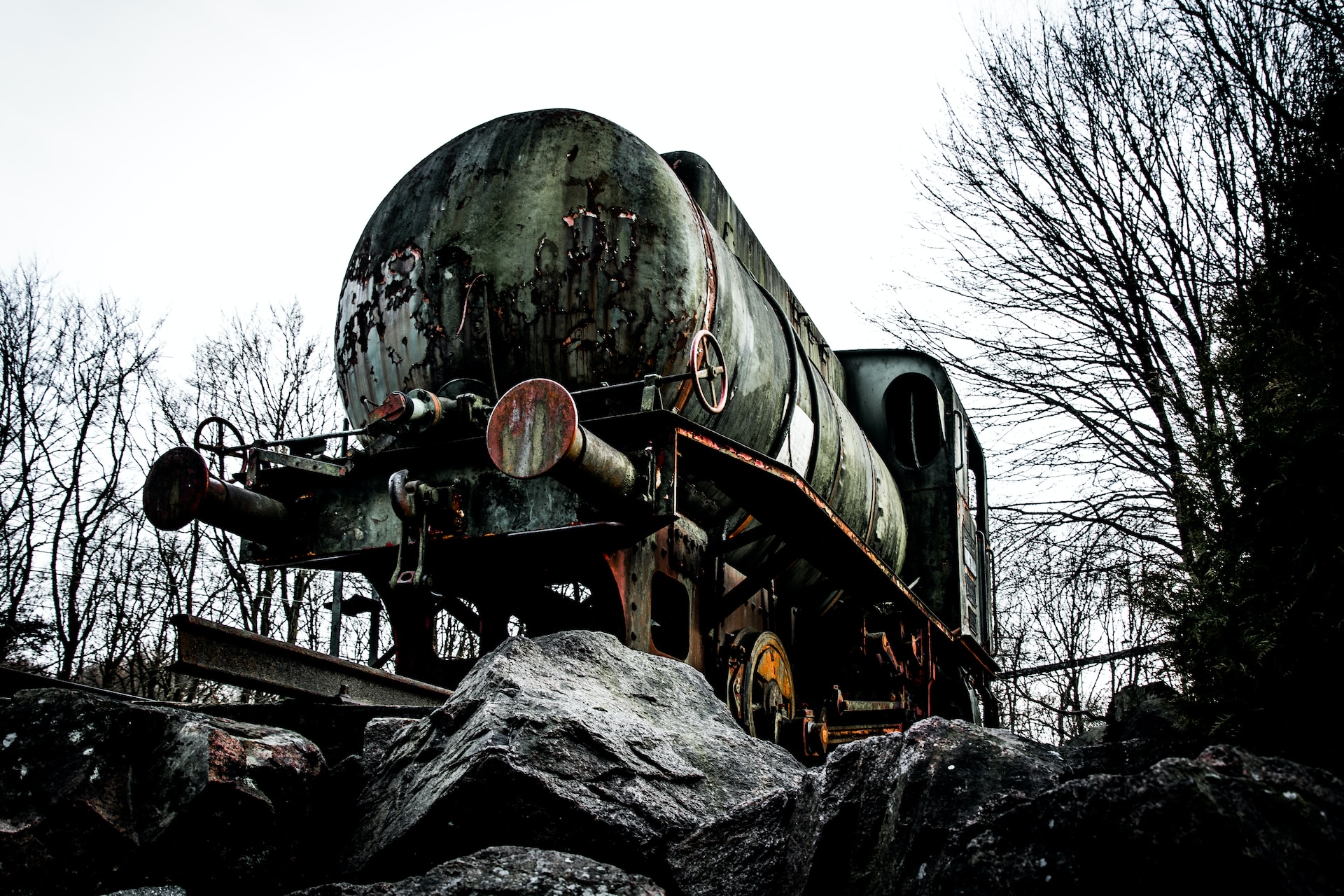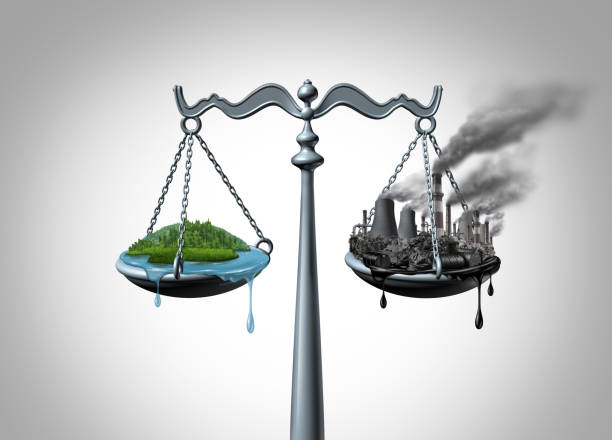
East Palestine Train Derailment: Profits Over Safety
By: Jacob Regan
The U.S. Government is suing Norfolk Southern for environmental and public health damages caused by its train derailment in Ohio. On the evening of Friday, February 3, 2023, a train owned by Norfolk Southern derailed in East Palestine, Ohio. Fifty of the train cars derailed or were affected by the derailment, and 20 of which contained hazardous substances.[1] Such substances included vinyl chloride, combustible liquids, butyl acrylate, and benzene residue.[2] Early morning Saturday, February 4, around 2:00 A.M. EST, the EPA arrived on-site to assist in clean-up.[3] On February 21, the EPA issued a unilateral administrative order, commanding Norfolk Southern to perform additional cleanup duties.[4] On February 25, a few weeks after citizens who evacuated the area returned, the EPA and other federal agencies began conducting outreach to East Palestine residents, including opening a support hotline.[5] Throughout the rest of February and March, the EPA continued interacting with the community and monitoring the air, water, and soil/sediment in the town and nearby, while pressuring Norfolk Southern to increase its measures.[6][7][8][9][10]
Read More
 Ditch your lawn
Ditch your lawn









